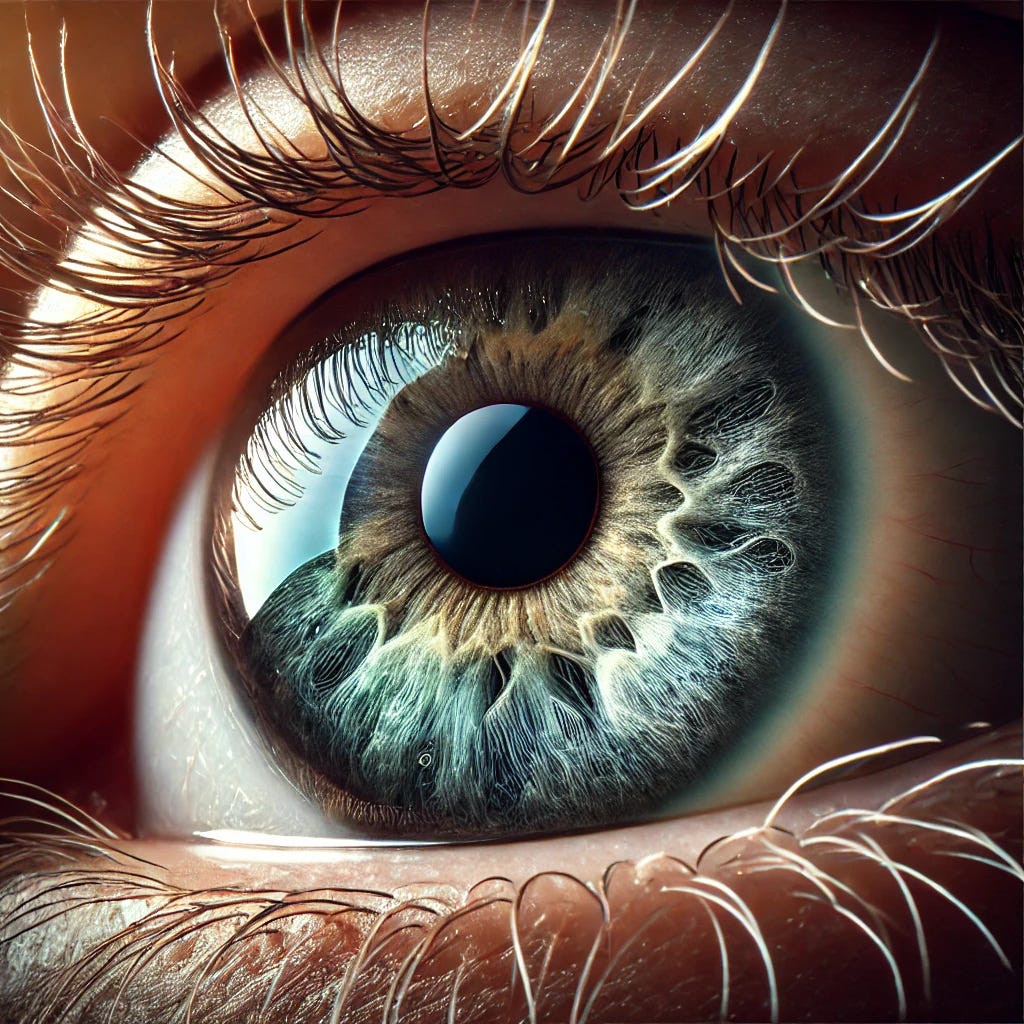STORY AT-A-GLANCE
The retina has its own internal circadian clock that regulates photoreceptor function, oxygen use, and repair cycles.
Disrupting this rhythm with late-night light exposure, screen use, or poor sleep hygiene can trigger retinal inflammation and cell damage.
Studies show circadian misalignment increases oxidative stress and accelerates photoreceptor degeneration—key drivers of macular degeneration.
Your eyes aren’t just seeing the light—they’re responding to it hormonally, metabolically, and neurologically.
If you’re serious about saving your vision, you need to protect your eye’s natural rhythm just as much as your macula.
Your Retina Has a Clock—and You’re Probably Ignoring It
Most people don’t realize this, but the retina doesn’t just passively process light.
It runs on a 24-hour cycle, just like your brain and other organs.
Photoreceptor cells ramp up energy production and detoxification processes at night.
When you expose your eyes to light at 11 PM—or fall asleep in front of a bright screen—you interrupt that entire repair cycle.
The result? Chronic oxidative stress, mitochondrial dysfunction, and accelerated degeneration of retinal tissue.
The Research Is Clear: Circadian Disruption Harms the Eye
A 2014 review published in Progress in Retinal and Eye Research outlined just how vital the circadian rhythm is to retinal health.
The authors showed that:
Disrupted sleep and light exposure at night increase oxidative stress in the retina.
Circadian misalignment impairs photoreceptor cell renewal and detoxification.
Long-term rhythm disruption contributes to retinal inflammation and vision loss, including macular degeneration.
This isn’t just theory—it’s biology.
And it means your night-owl lifestyle could be silently damaging your vision.
What You Can Do Right Now
Limit screen exposure 1–2 hours before bed. Use blue light filters in the evening.
Keep your bedroom pitch black at night—no night lights, phone screens, or blinking chargers.
Get early morning sunlight exposure to reset your biological clock daily.
Maintain a consistent sleep-wake cycle, even on weekends. Your retina thrives on rhythm.
For macular degeneration patients: circadian support may be as critical as nutritional therapy.




